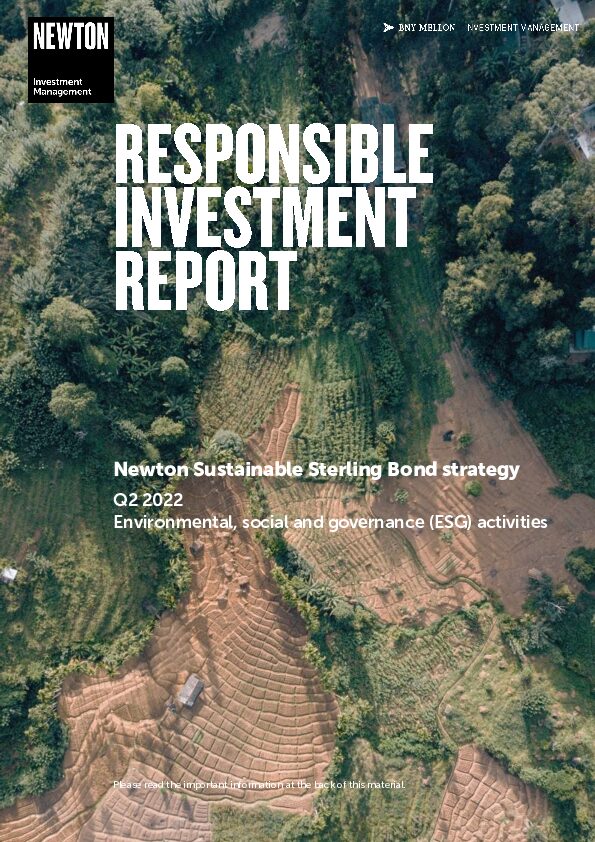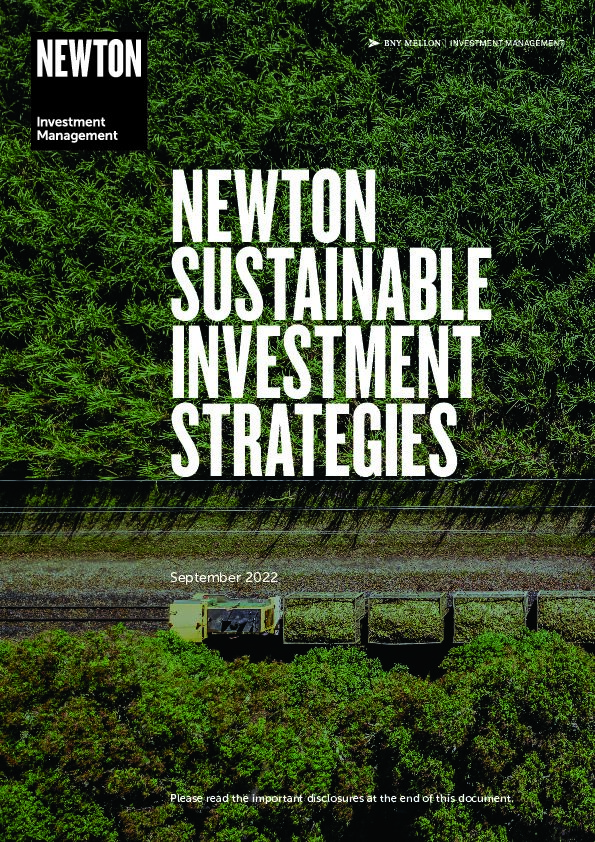Investment team
Our Sustainable Sterling Bond strategy is managed by a focused, experienced fixed-income team. Our investment team of research analysts and portfolio managers works together across regions and sectors, helping to ensure that our investment process is highly flexible. Guided by our global investment themes, we seek to identify opportunities and risks through research and debate.
- 21
- years’ average investment experience
- 14
- years’ average time at Newton
-

Howard Cunningham
Portfolio manager, fixed income
-

Scott Freedman
Analyst and portfolio manager, fixed income
-

Martin Chambers
Credit analyst, fixed income
-

Paul Brain
Investment leader, fixed income
-

Parmeshwar Chadha
Portfolio manager, fixed income
-

Jon Day
Portfolio manager, fixed income
-

Carl Shepherd
Portfolio manager, fixed income
-

Trevor Holder
Portfolio manager, fixed income
-

Ashwin Palta
Credit research analyst, fixed income
-

Jeevan Dhoot
Credit analyst, fixed income
Strategy profile
-
Objective
-
The strategy seeks to achieve income and capital growth over the medium term (3-5 years).
-
Literature
-
Application form
Key Investor Information Document (KIID)
Prospectus
Your capital may be at risk. The value of investments and the income from them can fall as well as rise and investors may not get back the original amount invested.
Newton will make investment decisions that are not based solely on ESG considerations. Other attributes of an investment may outweigh ESG considerations when making investment decisions. The way that ESG considerations are assessed and the assessment of their suitability for Newton’s sustainable strategies may vary depending on the asset class and strategy involved. For Newton’s sustainable strategies, ESG Quality Reviews are performed prior to investment for corporate investments (single name equity and fixed income securities).







